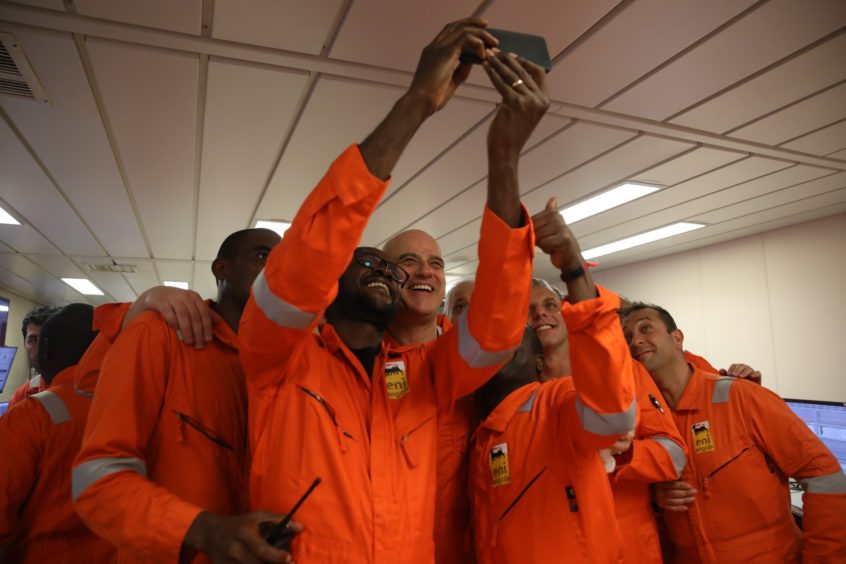
A Milan court has acquitted Shell and Eni, and their executives, of allegations of wrongdoing around Nigeria’s OPL 245 licence.
The two companies welcomed the news. Eni said there was “no case” and that the ruling had “finally established that the company, the CEO Claudio Descalzi and the management involved in the proceedings have all behaved in a lawful and correct manner”.
The Italian company went on to express its gratitude to the court for its “fair and balanced investigation”.
Shell’s CEO Ben van Beurden also welcomed the decision from the Milan court.
“We have always maintained that the 2011 settlement was legal, designed to resolve a decade-long legal dispute and unlock development of the OPL 245 block. At the same time, this has been a difficult learning experience for us,” he said.
“Shell is a company that operates with integrity and we work hard every day to ensure our actions not only follow the letter and spirit of the law, but also live up to society’s wider expectations of us.”
A representative of the Nigeria said the country was “disappointed in today’s ruling in Milan, but thanks the Italian prosecuting authorities for their tireless efforts in bringing this prosecution. The Federal Republic of Nigeria will now wait to review the Italian court’s written judgement once it is available before considering its position.
“The Federal Republic of Nigeria will continue to hold those responsible for the OPL 245 fraud accountable, not only to ensure the people of Nigeria benefit from this valuable resource, but also to make clear its commitment to rooting out corruption in all of its forms.”
Accountability
NGOs involved in the case expressed their disappointment.
Global Witness’ senior campaigner Barnaby Pace said the decision would “not stop us in our unrelenting quest to ensure accountability in the fossil fuel industry.”
He went on to call for the Milan prosecutor’s office “to consider all options for an appeal. We await the details of how the judges reached this ruling, but believe that this verdict shows just how hard it is to hold the fossil fuel industry to account.”
Global Witness has said a detailed accounting of the findings should be available within 90 days.
Descalzi and his predecessor, Paolo Scaroni, were on trial in Milan. Other Eni executives accused were Roberto Casula, Ciro Pagano and Vincenzo Armanna.
Shell figures included Malcolm Brinded, Peter Robinson, Guy Colegate and John Coplestone. Etete was also on trial, as were middlemen Ednan Agaev, Luigi Bisignani and Gianfranco Falcioni.
A fast-tracked trial in 2018 found two middlemen, Emeka Obi and Gianluca Di Nardo, guilty of corruption.
Slow going
The case originated in 2011, when Shell and Eni reached a deal with the Nigerian government.
This saw the companies pay a signature bonus to Nigeria of $1.3 billion. Of that amount, the government paid out $1.1bn to Malabu Oil and Gas. Nigeria’s former oil minister Dan Etete controls Malabu.
Shell said the agreement on the block had been “negotiated at the highest levels of the relevant government departments”. The deal aimed to allow the companies to finally develop the block.
Progress has not occurred. The Milan decision may pave the way for the companies to take action.
Two discoveries were made on the block, in 2005 and 2006, at Etan and Zabazaba. Reports have said the area may hold 9 billion barrels of oil equivalent.
Updated at 8:49 pm with comment from Nigeria.
